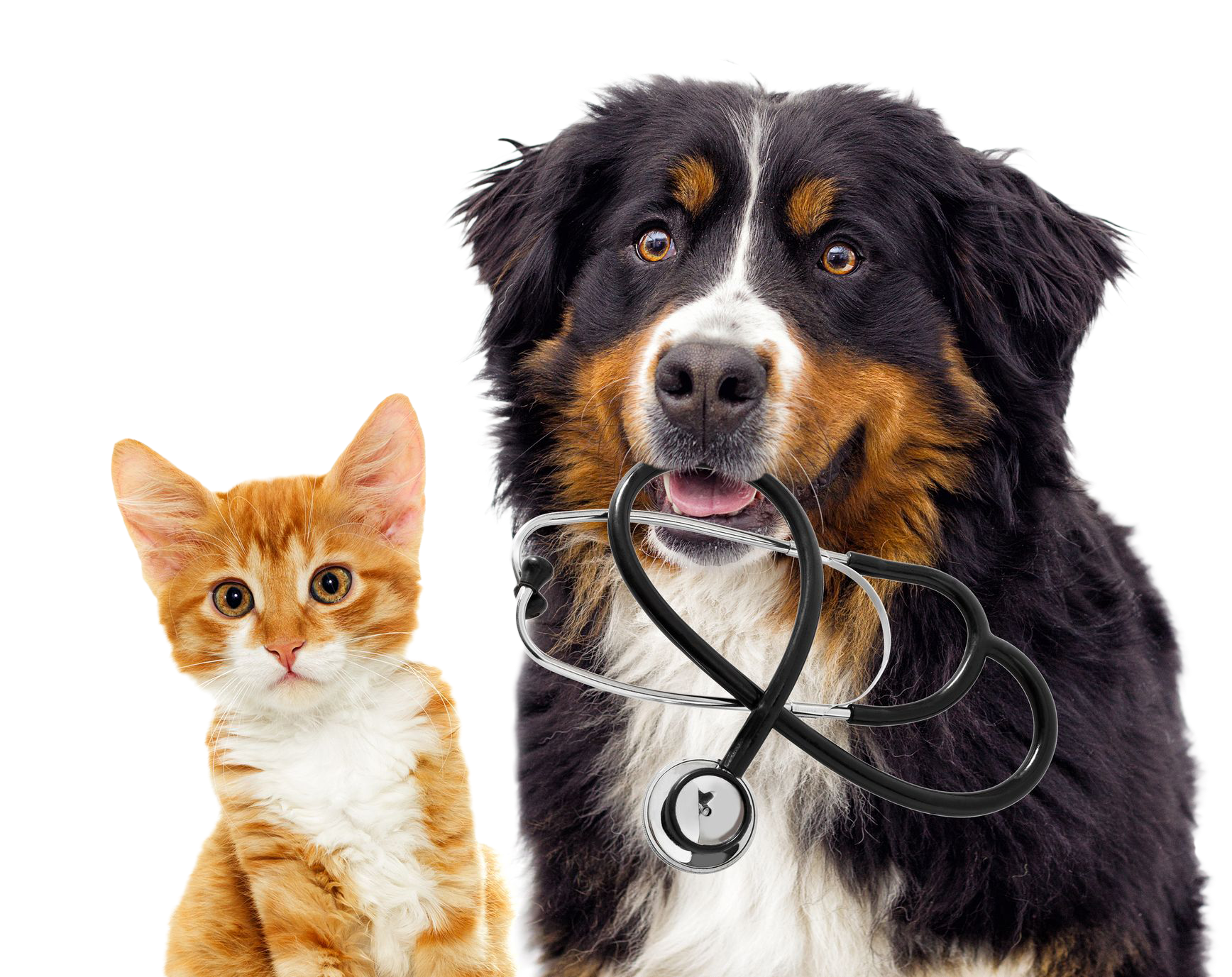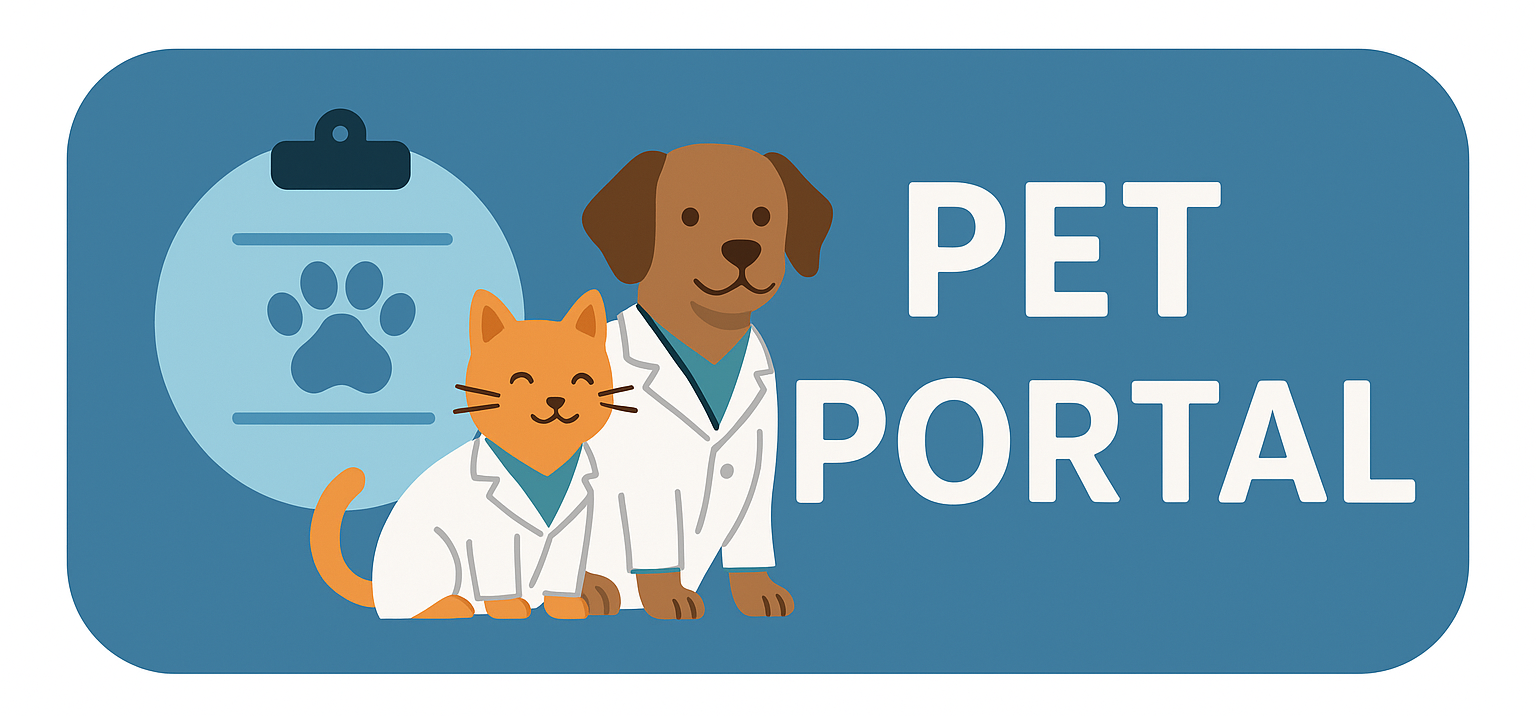Vaccine & Wellness Care
Comprehensive Preventive Care and Vaccinations for Pets in Owings Mills, MD at Valley Dog and Cat Hospital
Vaccine & Wellness Care
Vaccinations are one of the most effective ways to protect your dog or cat from serious, potentially life-threatening diseases. At Valley Dog and Cat Hospital, we follow trusted veterinary guidelines to ensure your pet receives the essential core vaccines—such as rabies, distemper, and parvovirus for dogs, or rabies and FVRCP for cats. We also recommend non-core vaccines based on your pet’s lifestyle, environment, and risk factors. Through regular wellness exams, we’ll create a personalized vaccination plan that keeps your pet’s immunity strong while avoiding unnecessary treatments. Preventive care through vaccination is a simple step that helps your pet live a longer, healthier life.

Dog & Puppy Vaccines
Distemper/Parvo (DAPP) – Distemper, Adenovirus, Parvovirus, Parainfluenza
Distemper (canine distemper) is a very serious and contagious virus that targets a dog’s respiratory, digestive, and central nervous systems. Distemper can spread through airborne droplets that are released when an infected dog breathes, sneezes, or coughs. It can also be passed through body fluids such as saliva, nasal discharge, and, less frequently, urine and feces.
Adenovirus-1 (canine adenovirus-1)
causes infectious canine hepatitis, a contagious and potentially severe liver disease in dogs. Adenovirus-2, by contrast, primarily affects the upper respiratory tract and is one of the key agents behind kennel cough. These viruses are spread through contact with infected dogs’ bodily fluids including feces, urine, saliva, blood, and nasal secretions.
Parvovirus (often referred to as parvo)
is a highly infectious virus that attacks the gastrointestinal tract and weakens the immune system. It leads to intense vomiting and diarrhea and causes significant immunosuppression. Parvo is spread through the feces of infected dogs and remains widespread today. Even with medical treatment, survival rates hover around 50%. It is especially dangerous for puppies, as it spreads easily and can be deadly.
Parainfluenza
is another virus that contributes to upper respiratory infections in dogs and is a common cause of kennel cough. It spreads via airborne droplets released when an infected dog coughs or exhales.
Bordetella
Bordetella bronchiseptica is a bacterial infection and one of the most common causes of kennel cough. It is highly contagious and spreads through airborne particles released when an infected dog coughs, sneezes, or breathes.
Kennel cough is typically caused by a combination of pathogens. The three most frequent culprits are Bordetella, Parainfluenza, and Adenovirus-2.
Leptospirosis (Lepto)
Leptospirosis is a bacterial disease transmitted through the urine of infected wild animals and rodents. Dogs that drink from puddles, ponds, streams, or any stagnant water source are at higher risk. Dogs that hike, spend time in wooded areas, or live in urban environments where rat populations are common are considered high-risk. Lepto can lead to liver and kidney failure. It is also zoonotic, meaning it can spread from dogs to humans, typically through exposure to infected urine.
Lyme Disease
Lyme disease is caused by a bacterium transmitted through the bite of an infected deer tick. It commonly results in joint pain, lameness, and fatigue. In more advanced cases, it may lead to kidney complications. While humans can also contract Lyme disease, it is only transmitted through tick bites—not directly from dogs. Lyme disease is especially common in this region.
Rabies
Rabies is a fatal viral disease that causes severe neurological symptoms in dogs. It is spread through the saliva of infected animals, most often through bites. Rabies is also a threat to humans and is considered a public health emergency. By law, all dogs over 16 weeks of age must be current on their rabies vaccination.
Canine Influenza
Canine influenza, much like the human flu, is a highly contagious viral respiratory illness in dogs. There are two primary strains currently recognized: H3N2 and H3N8. Symptoms include coughing, nasal discharge, fever, lethargy, and reduced appetite. Infected dogs can easily spread the virus, especially in places where dogs congregate, such as daycares, boarding facilities, and dog parks.
Cat & Kitten Vaccines
FVRCP – Feline Viral Rhinotracheitis, Calicivirus, Panleukopenia
Feline Viral Rhinotracheitis is an upper respiratory disease caused by feline herpesvirus type 1. It typically presents with symptoms such as sneezing, coughing, nasal and eye discharge, fever, and lethargy. Once infected, cats often carry the virus for life, experiencing periodic flare-ups, especially during times of stress. This virus is highly contagious and spreads through the air, especially in environments with multiple cats.
Calicivirus is a common feline virus that can vary in severity. In some cases, it causes mild symptoms, while in others, it can result in serious illness, including pneumonia. Infected cats may develop ulcers in the mouth, nasal cavities, and on the eyes. The virus spreads through direct contact with an infected cat or contaminated surfaces such as food bowls, bedding, and toys.
Panleukopenia, also referred to as feline distemper or feline parvo, is an extremely contagious and often fatal virus that affects a cat's gastrointestinal system, immune system, and nervous system. It can spread through direct contact with an infected cat or through environmental exposure, as the virus is incredibly resilient and can survive for up to a year on surfaces.
FeLV – Feline Leukemia Virus
Feline Leukemia Virus (FeLV) is a viral infection that weakens a cat’s immune system, making them more vulnerable to other diseases. It spreads mainly through saliva, so grooming, sharing food or water bowls, or bite wounds from infected cats can transmit the virus. It’s sometimes called the “friendly cat disease” due to its transmission through close contact. Pregnant cats can also pass the virus to their kittens. While some cats can live relatively normal lives with FeLV, it usually shortens their lifespan, and there is no known cure.
Rabies
Rabies is a deadly viral infection that affects the nervous system and is transmissible to both humans and animals. It spreads through the saliva of an infected animal, typically via bites. Rabies is always fatal once symptoms appear. For public health reasons, it is legally required that all cats aged 16 weeks and older are current on their rabies vaccinations.
Wellness Exams
At Valley Dog and Cat Hospital, we believe regular wellness exams are key to ensuring a long, healthy life for your pet. Because dogs and cats can’t communicate when they’re not feeling well, it is important for them to have annual wellness exams to help us detect any early signs of illness before they become serious.
Our wellness visits include a full head-to-tail physical examination, along with important diagnostic screenings such as heartworm testing, tick-borne disease detection (like Lyme), routine blood panels, and fecal analysis. These tools help us monitor your pet’s overall health and catch changes that may not be visible on the surface.
We’ll also make sure your pet is up to date on all necessary vaccinations during the visit. Just as importantly, we’ll take time to talk with you about any medical or behavioral concerns that you have and provide personalized guidance on nutrition, parasite prevention, dental care, and more.
Wellness exams are typically recommended every 6-12 months, depending on your pet’s age, breed, and medical history.





